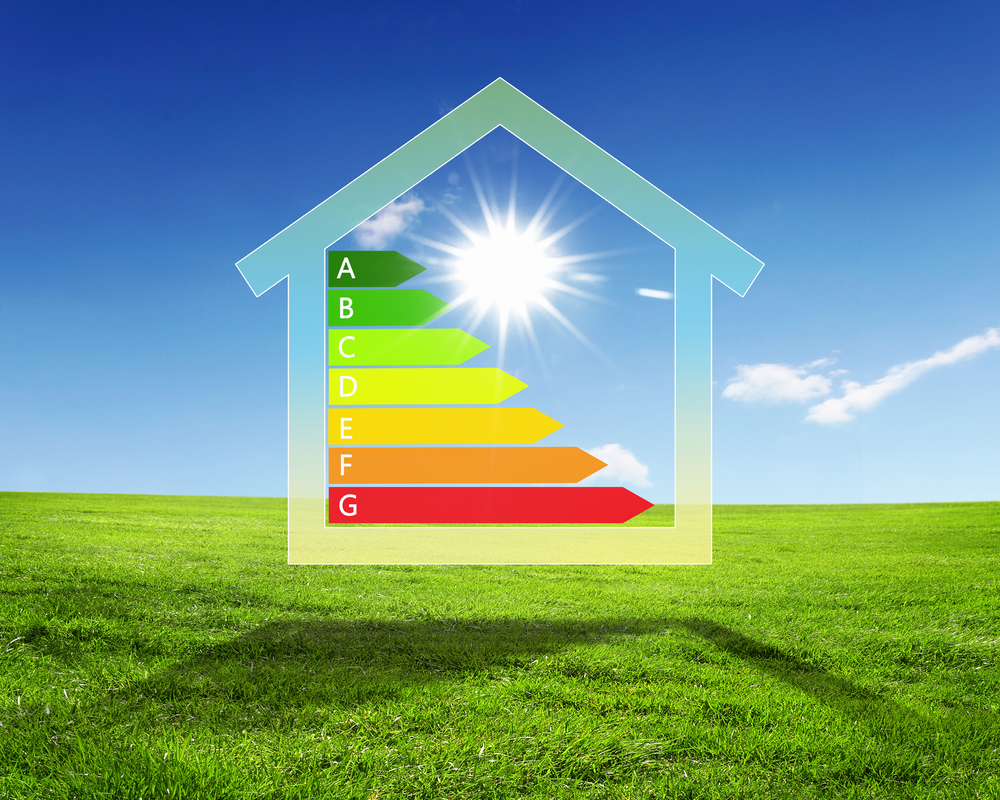
There has been a 4% drop in the number of energy performance certificates (EPCs) lodged on the government’s register over the first quarter of 2024, when compared to the year before. In total there were 453,000 EPCs lodged in this three-month period, covering both domestic and non-domestic properties.
This included 406,000 EPCs relating to domestic properties in England —a 1% drop on the previous year. Within this figure there continued to be a rising number of EPCs lodged for new dwellings, up 3% on last year. However there was a 2% decrease in EPCs registered for existing domestic properties, which account for a far larger proportion of properties and EPCs.
For new dwellings, 85% of EPCs lodged were given an A or B rating, a marginal increase (from 83%) on the equivalent period last year. However despite this quarterly rise, government figures show that for the year to the end of March there were 232,000 EPCs lodged for new buildings — a 6% decline on the previous 12 month period.
This decline in the number of registered EPCs comes as Santander is calling on the government to provide households with more financial support for energy efficiency upgrades.
The calls being backed by Conservative MP and chair of the Environmental Audit Committee, Phillip Dunne.
Santander says research for its ‘Tomorrow’s Homes’ report found that almost half of UK homeowners said improving energy efficiency in their home would have a signficant effect on their lives. However more than six out of 10 (61%) of those surveyed are not planning to make improvements within the next two years, with upfront costs being cited as one of the main barriers.
Santander says that homeowners are not being properly equipped to take on the burden of retrofitting, with nearly two thirds (64%) saying they don’t know the current EPC rating of their property.
Signalling his support for more action on this issue, Dunne said: “This report makes some interesting recommendations about raising awareness among homeowners, landlords and tenants of the benefits of reducing energy costs through retrofit. The Government has introduced some incentives, such as VAT reductions on energy efficiency installations and the Home Upgrade Scheme for grants to help support heat pumps uptake.
“But there is scope to do more, to help households on the journey to decarbonising homes to lower energy costs and cut emissions.”
Santander head of sustainability Fiona Hyde says: “It’s clear that homeowners and renters need government support to be better informed about the options available to them.”
She adds: “The houses and flats we know today will, in the majority of cases, be the same houses and flats that we are living in for generations to come. Failing to retrofit them is simply not an option if we are to truly tackle the climate crisis and achieve the country’s carbon emission targets.”



